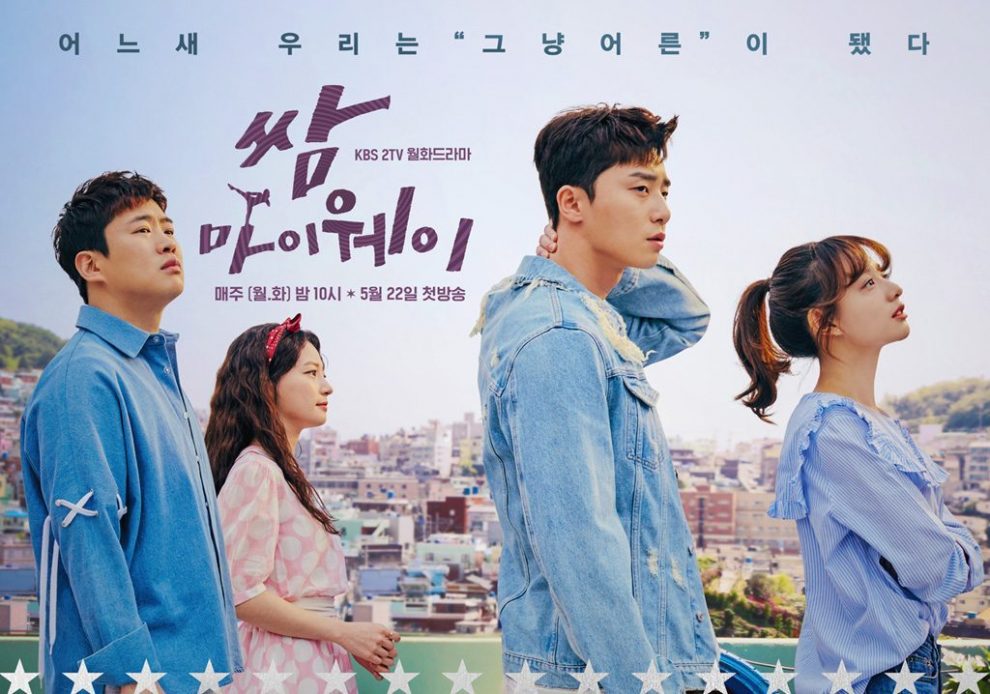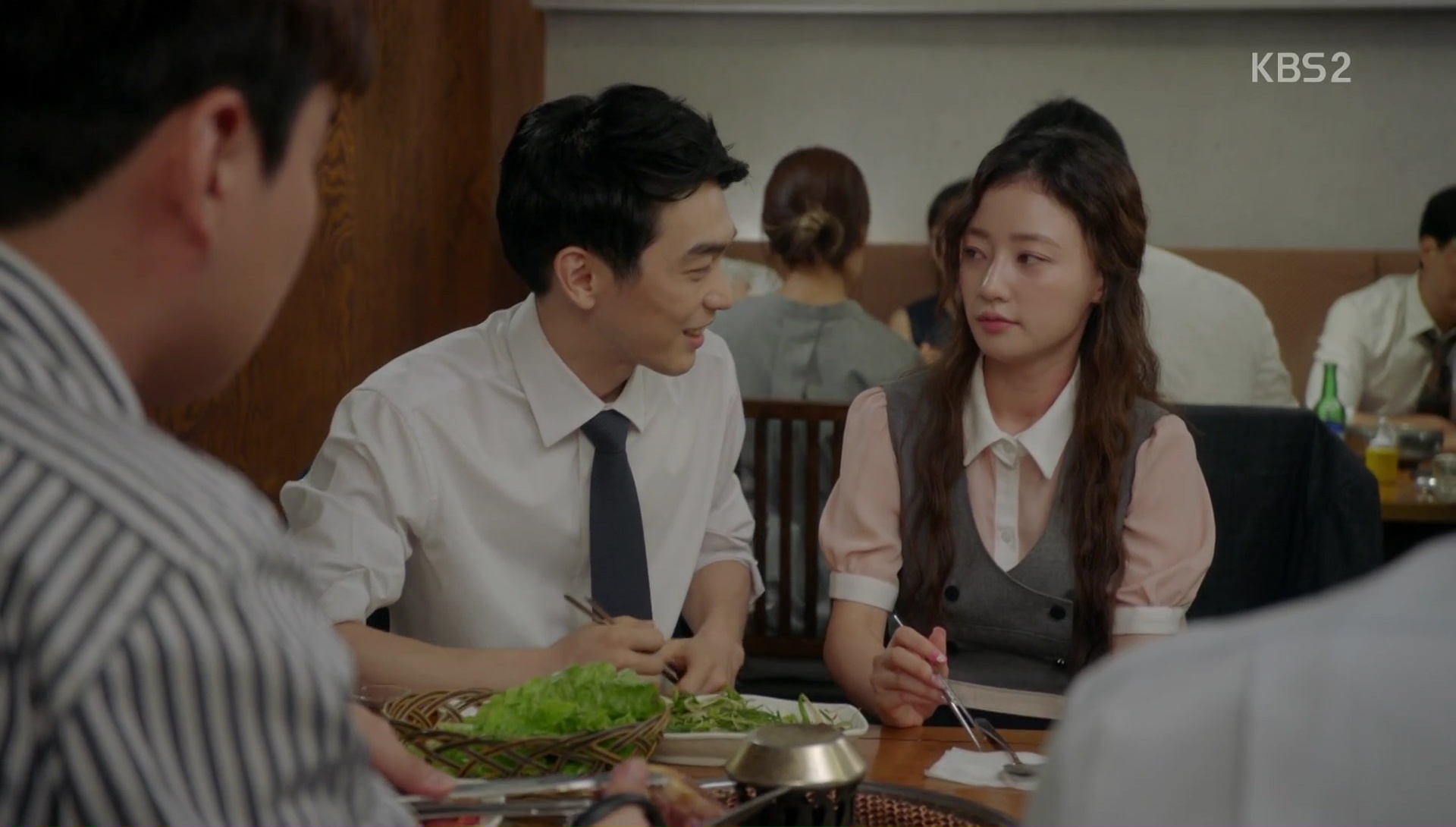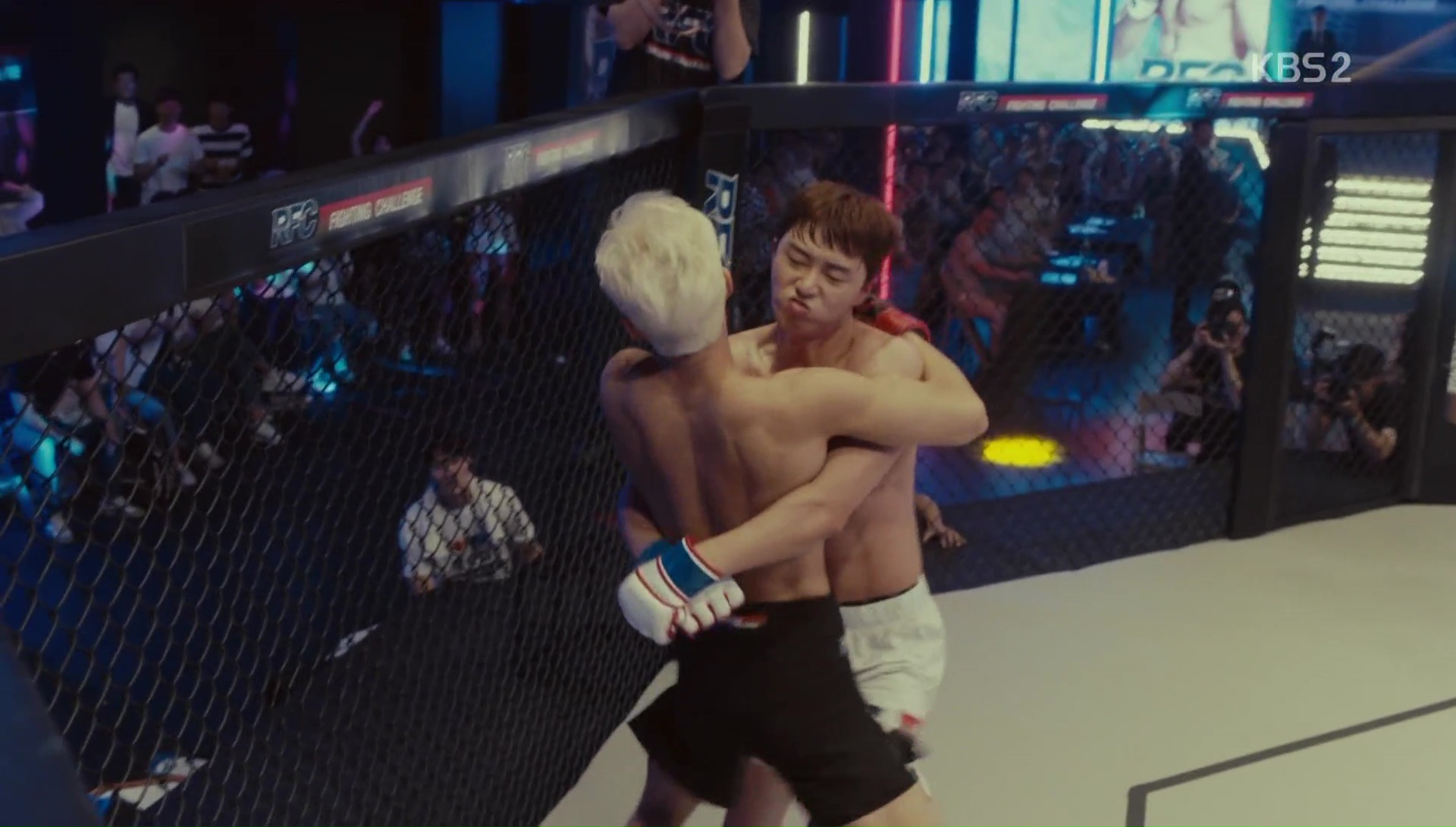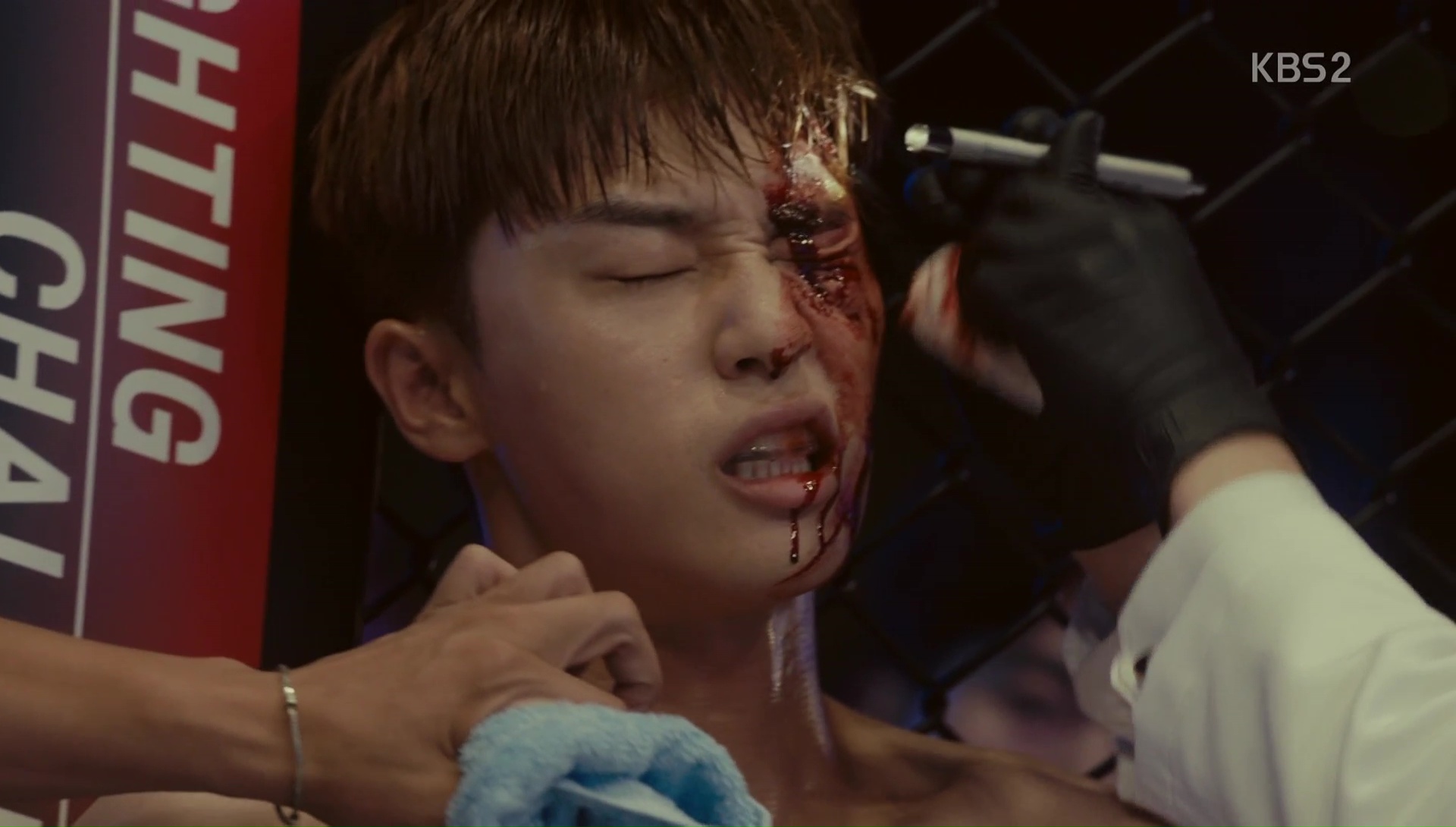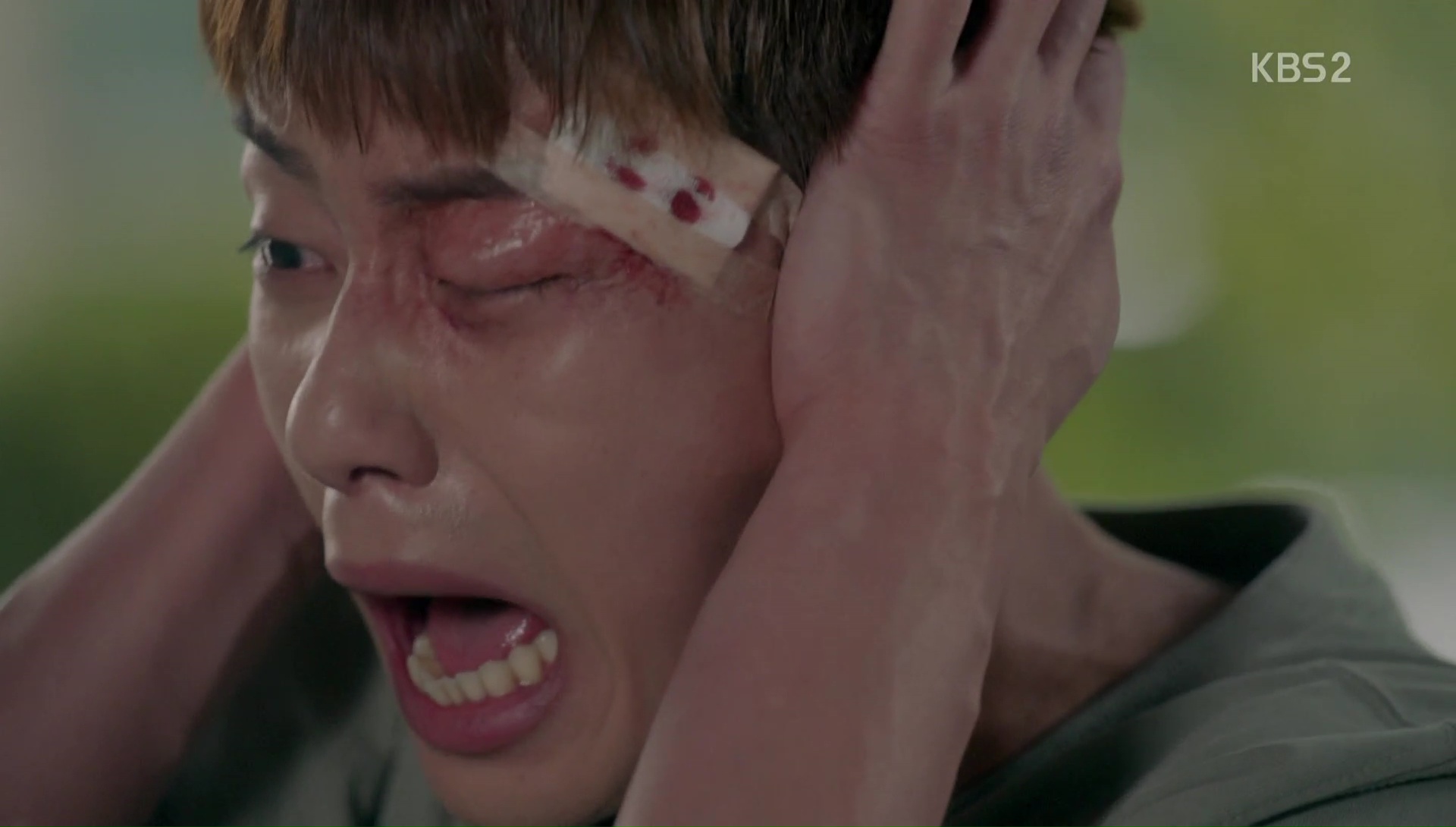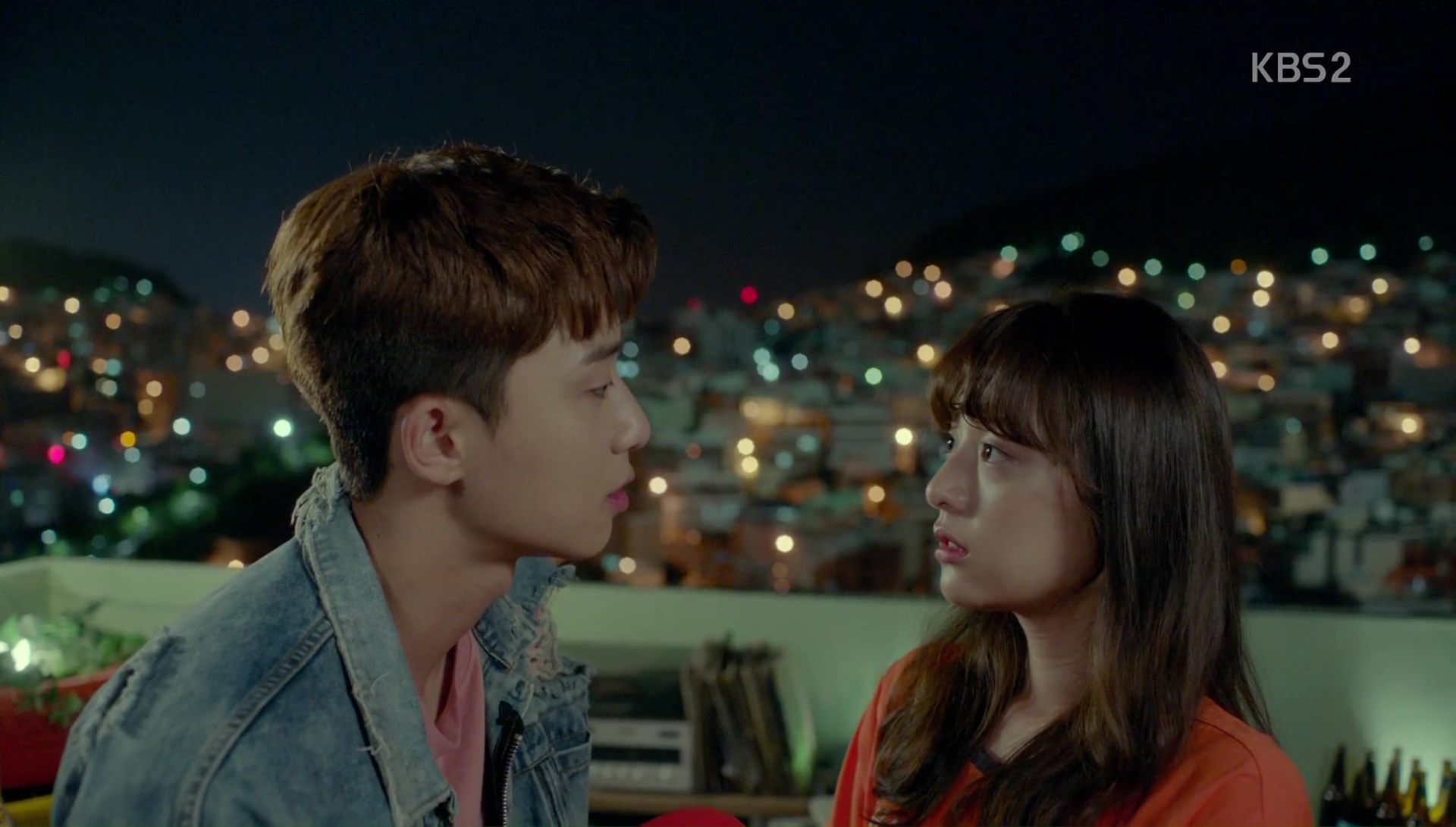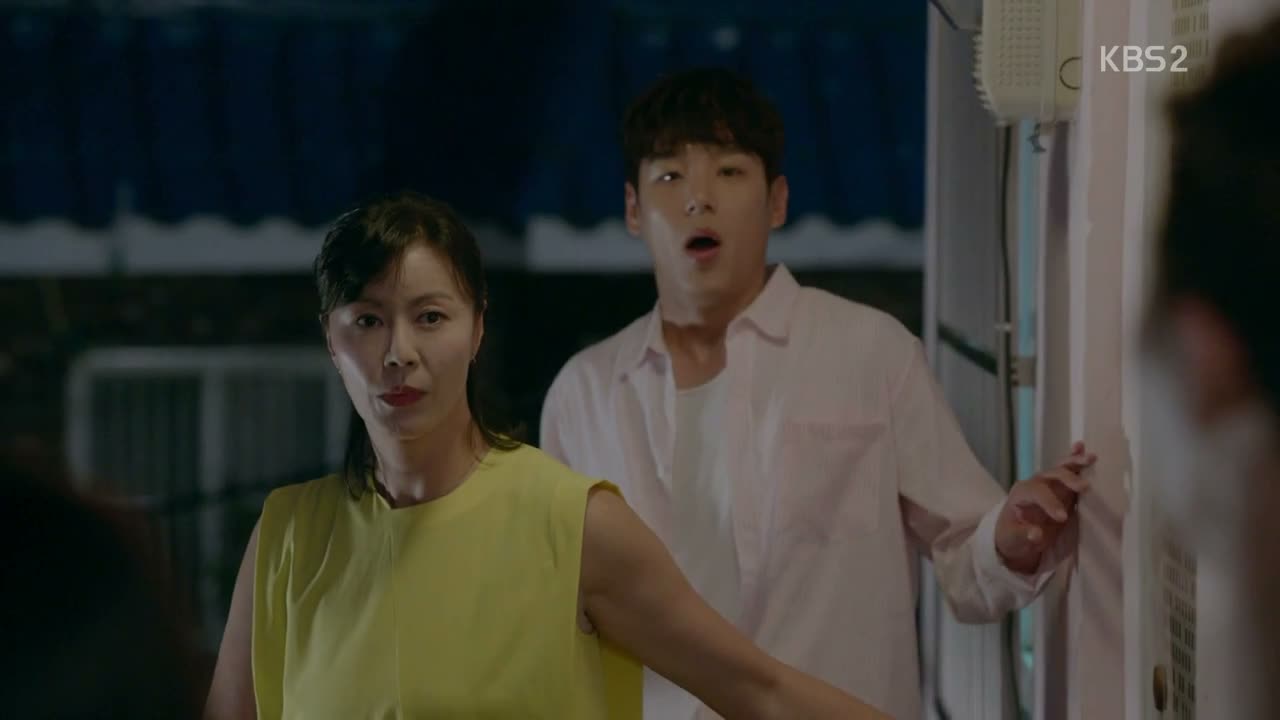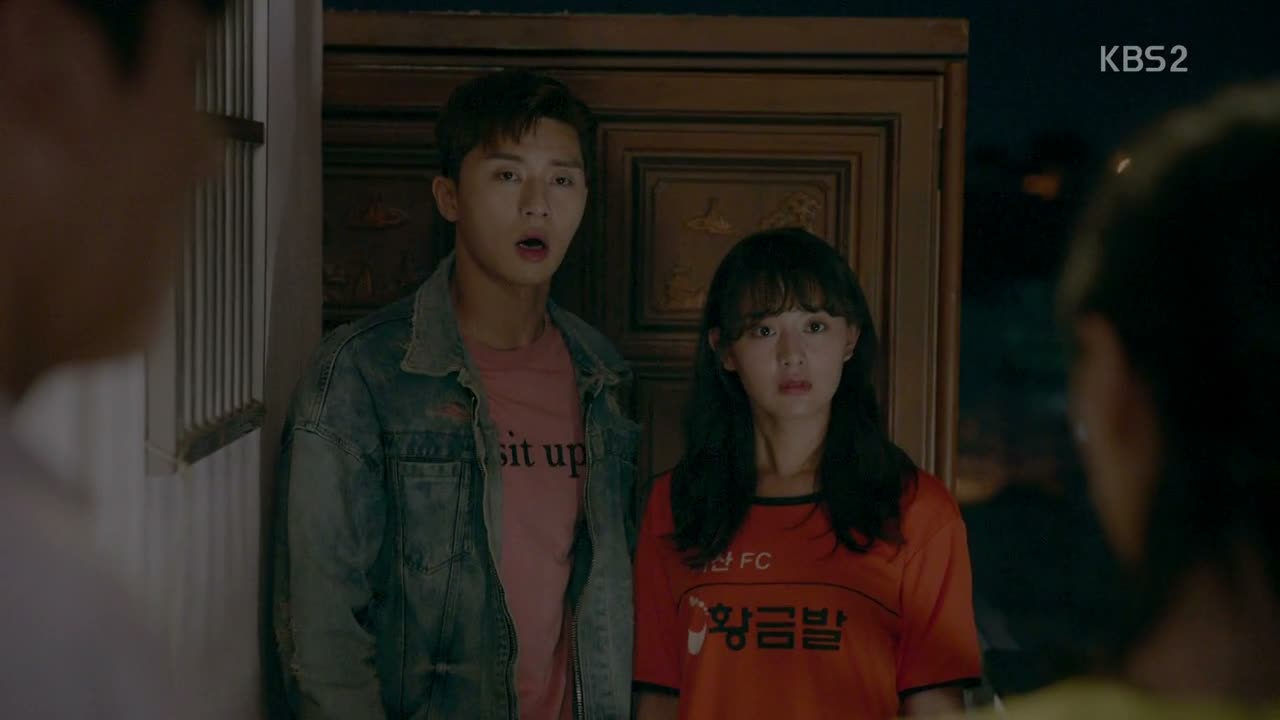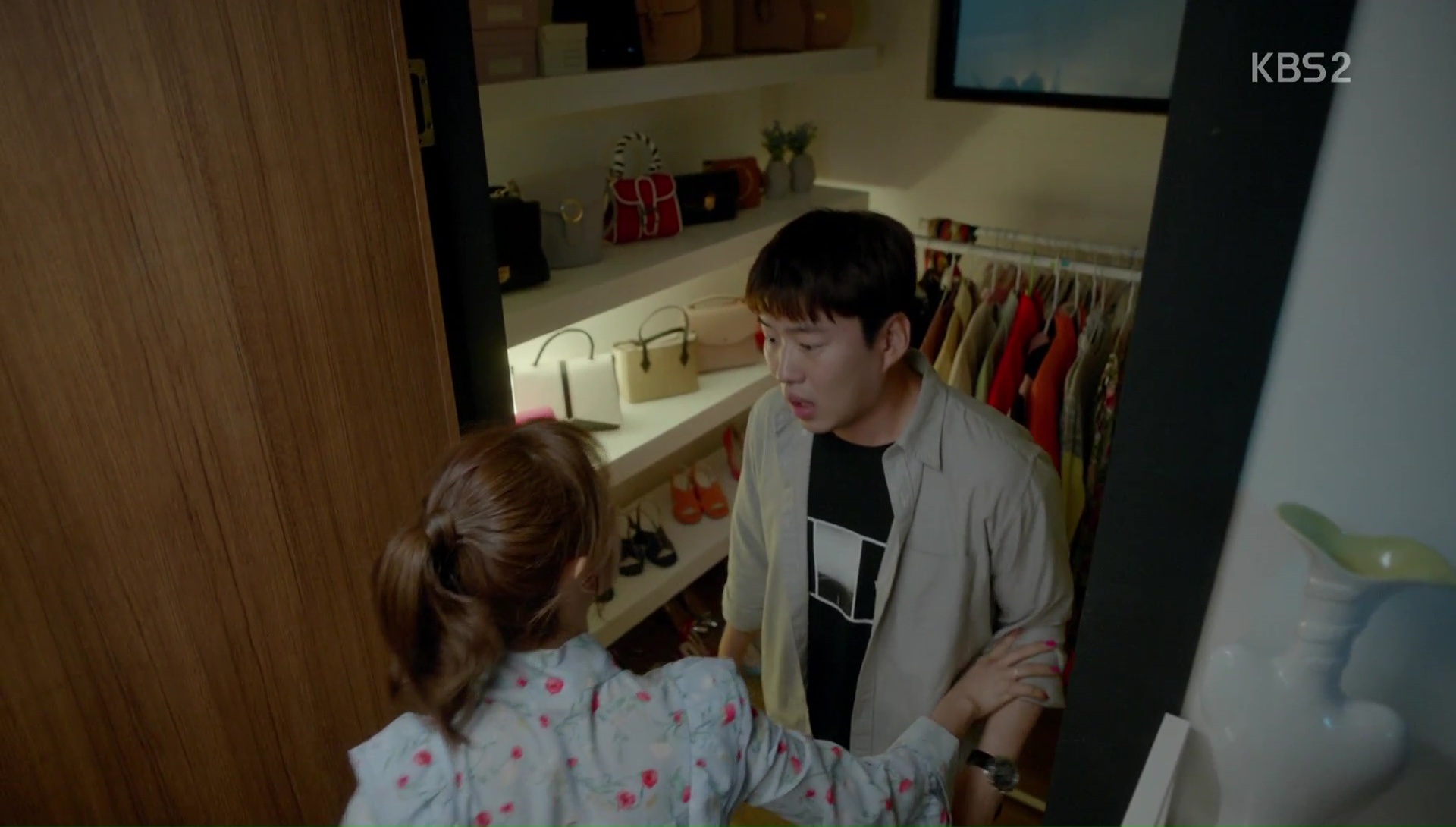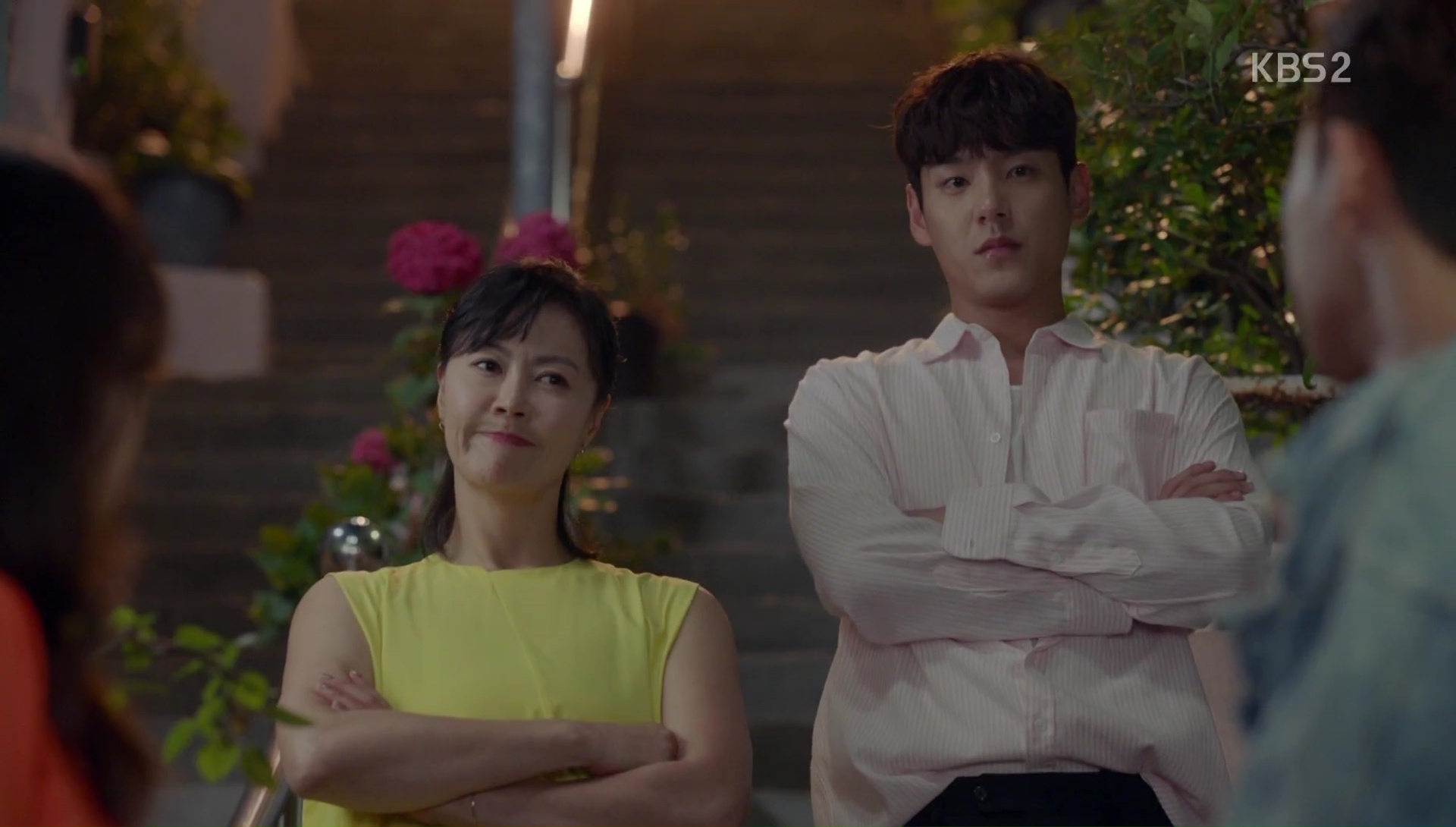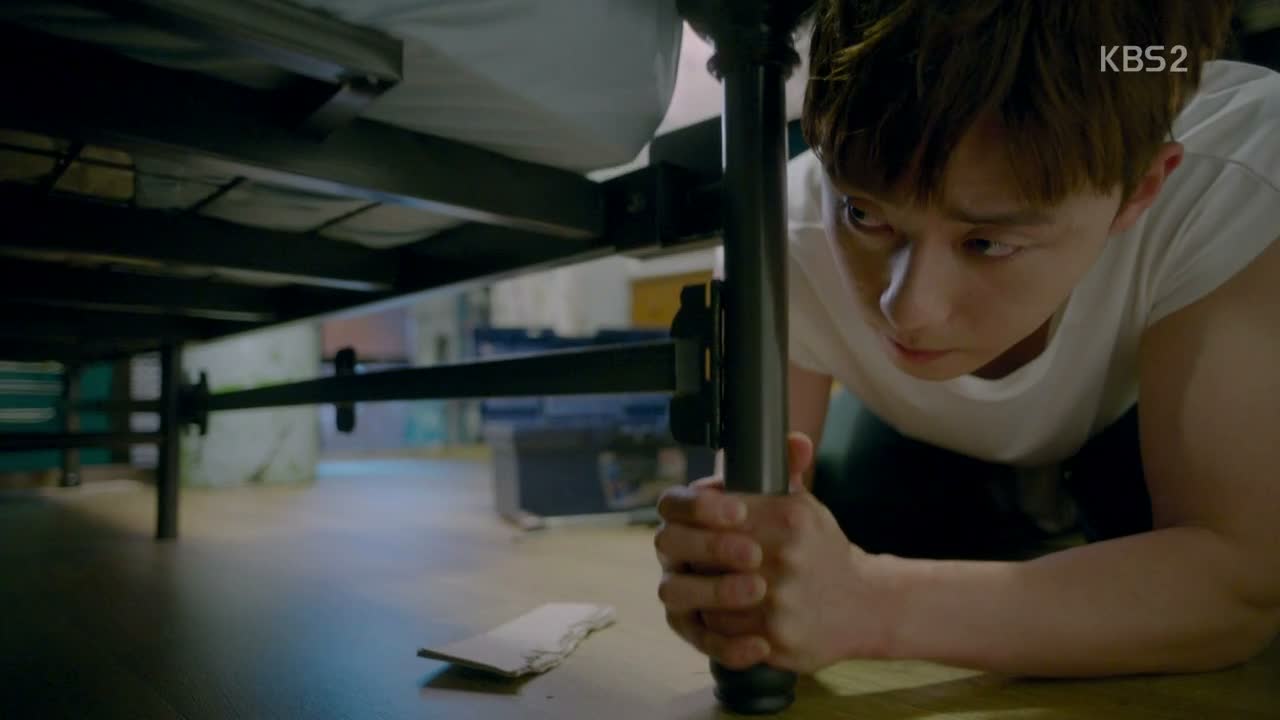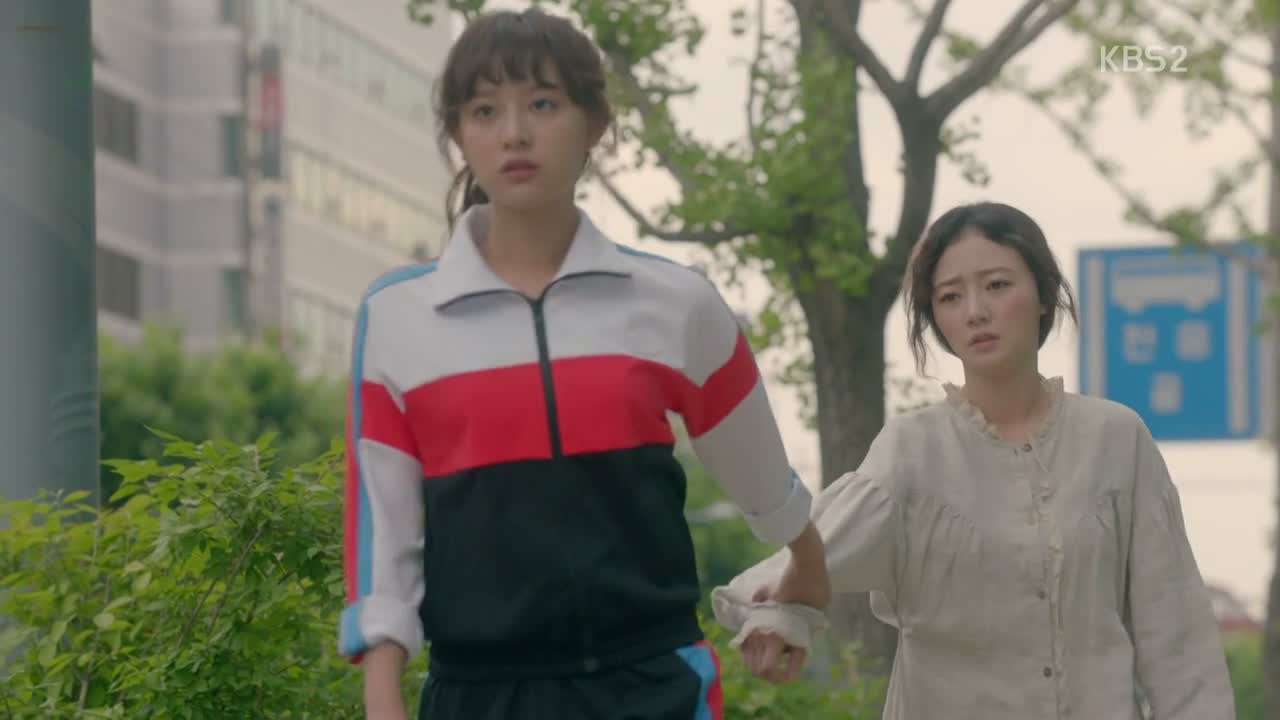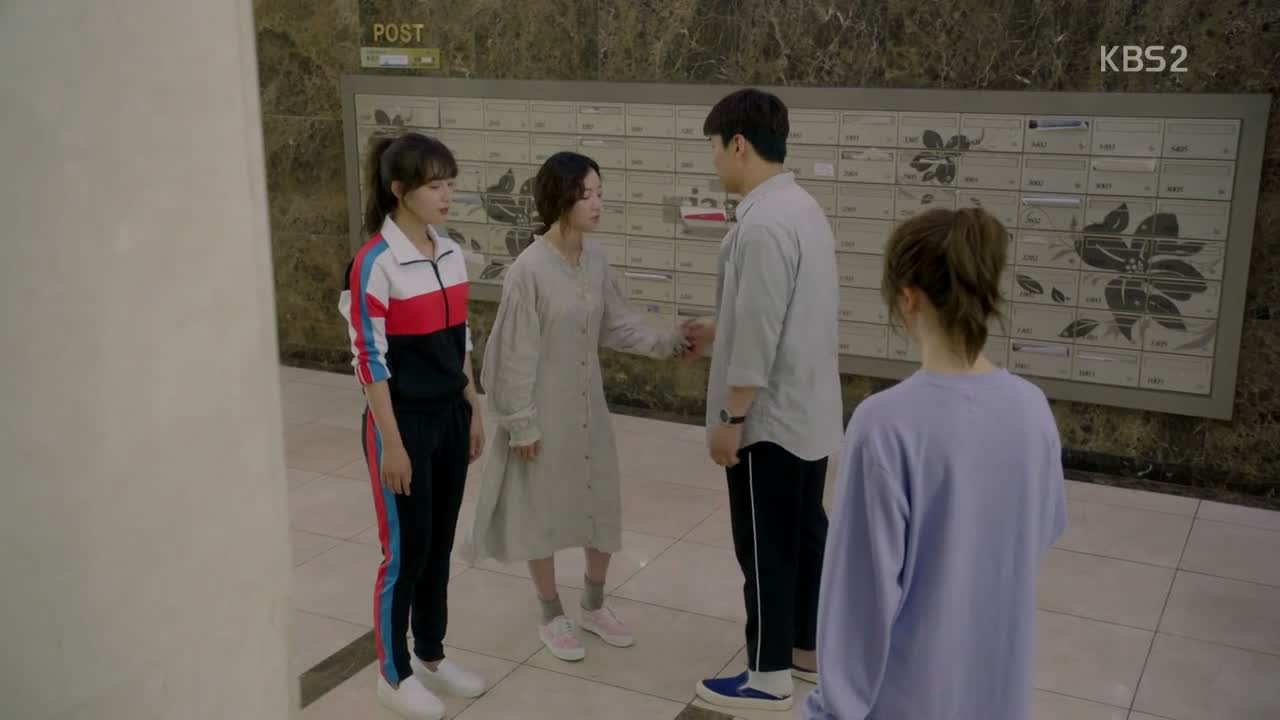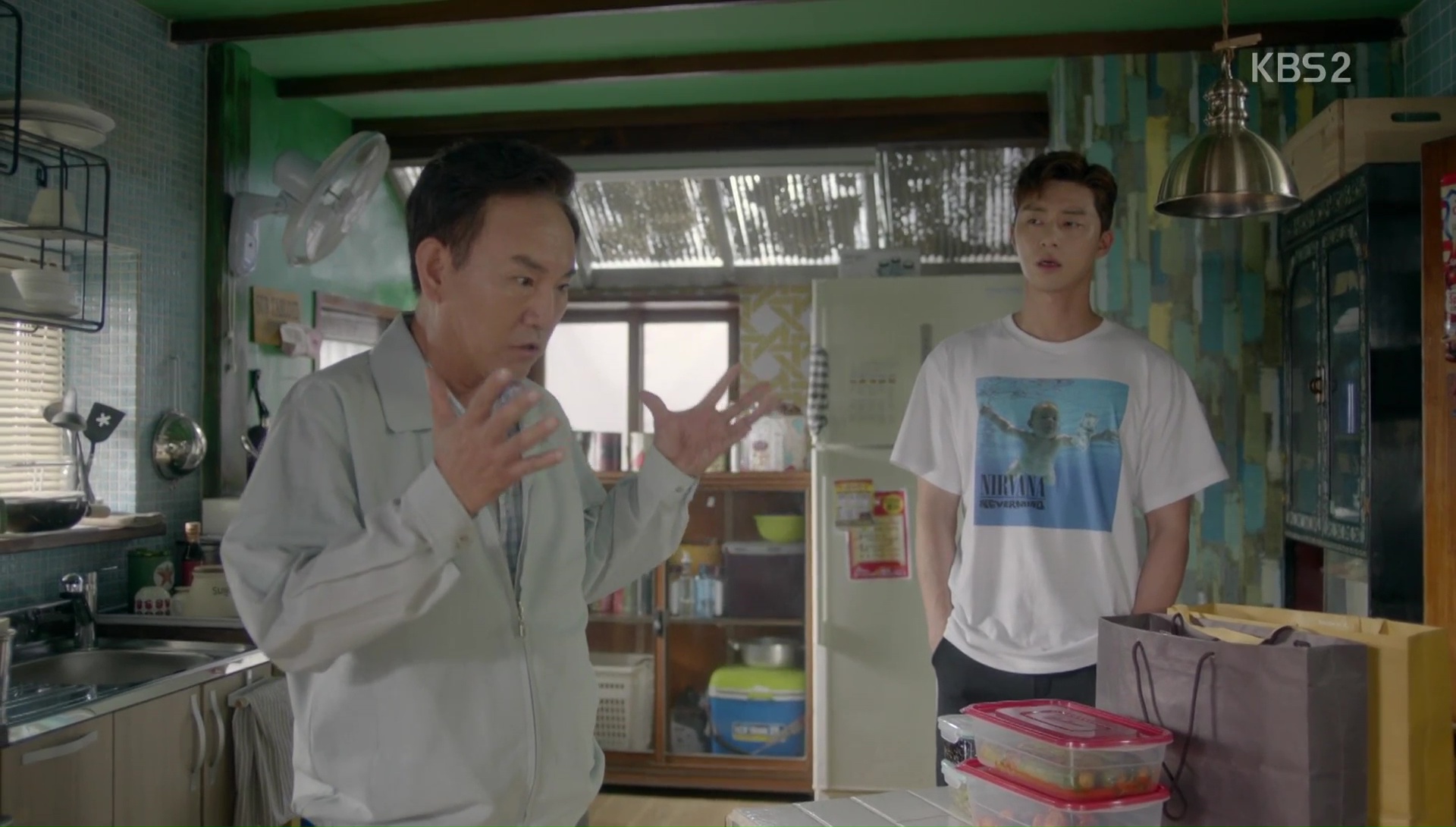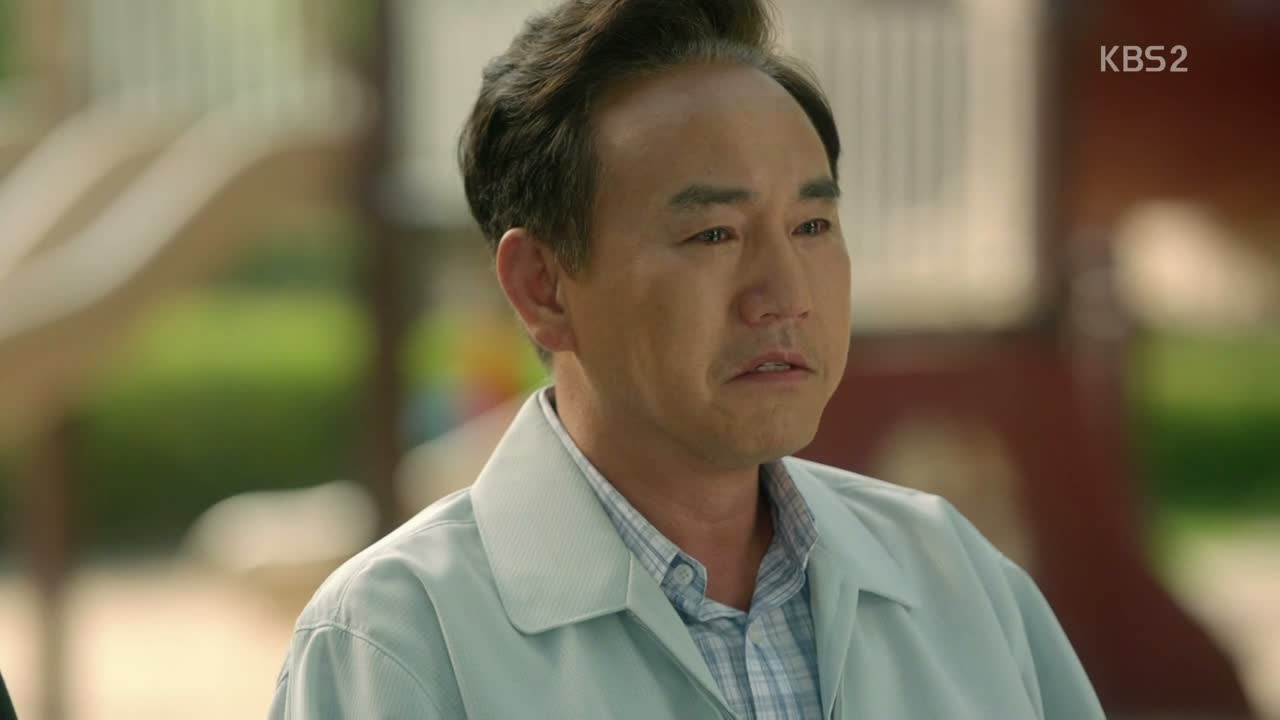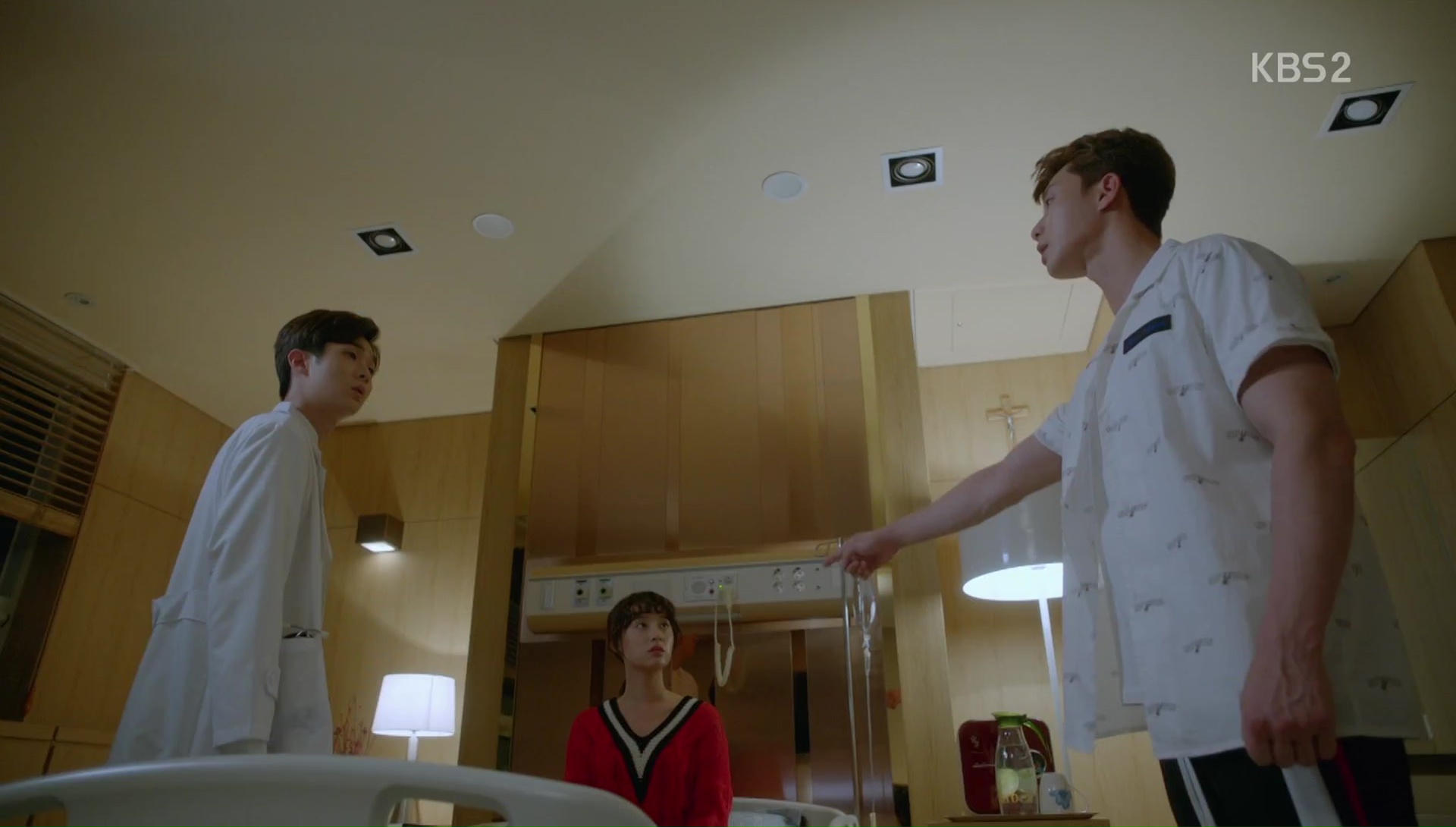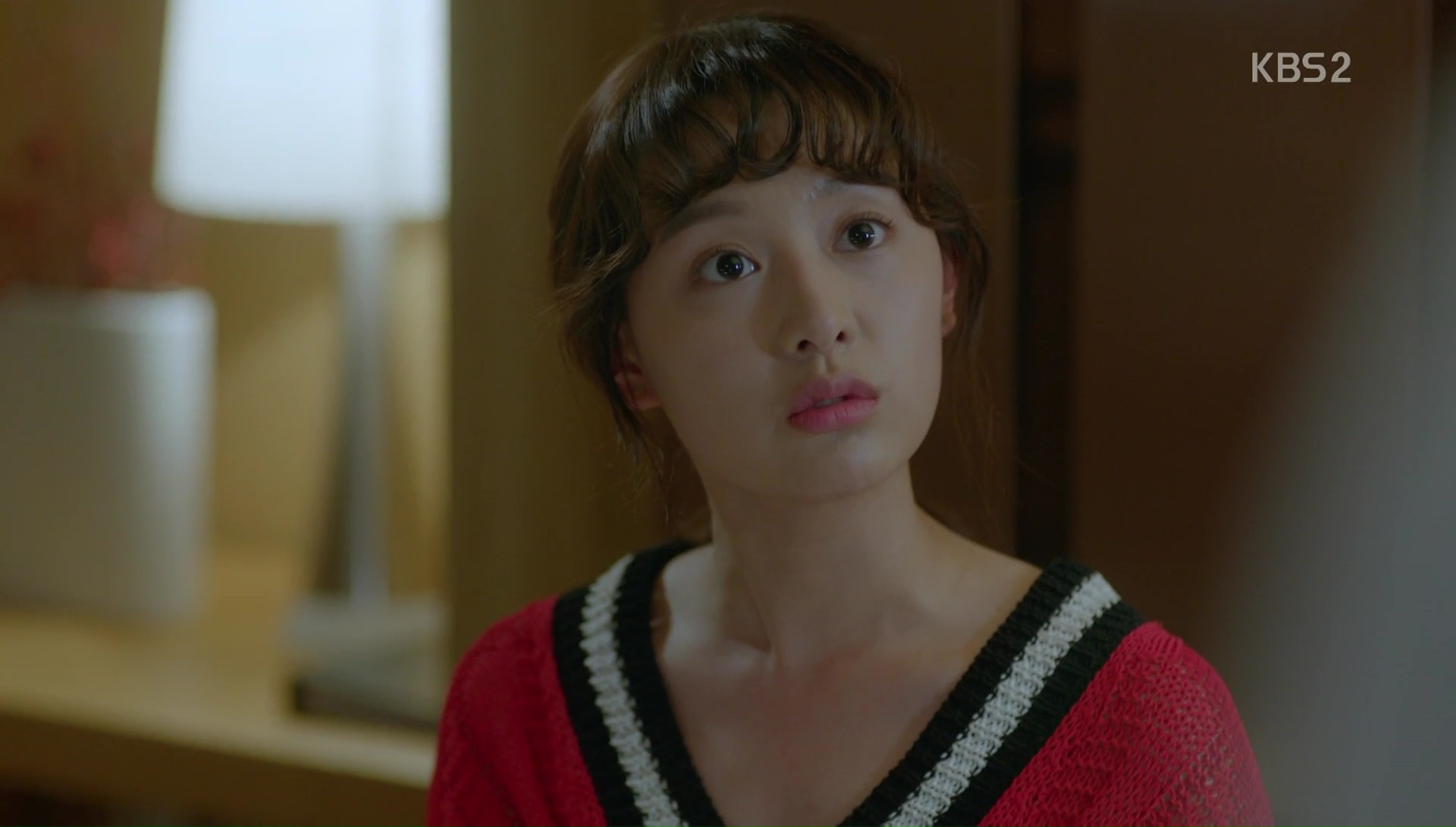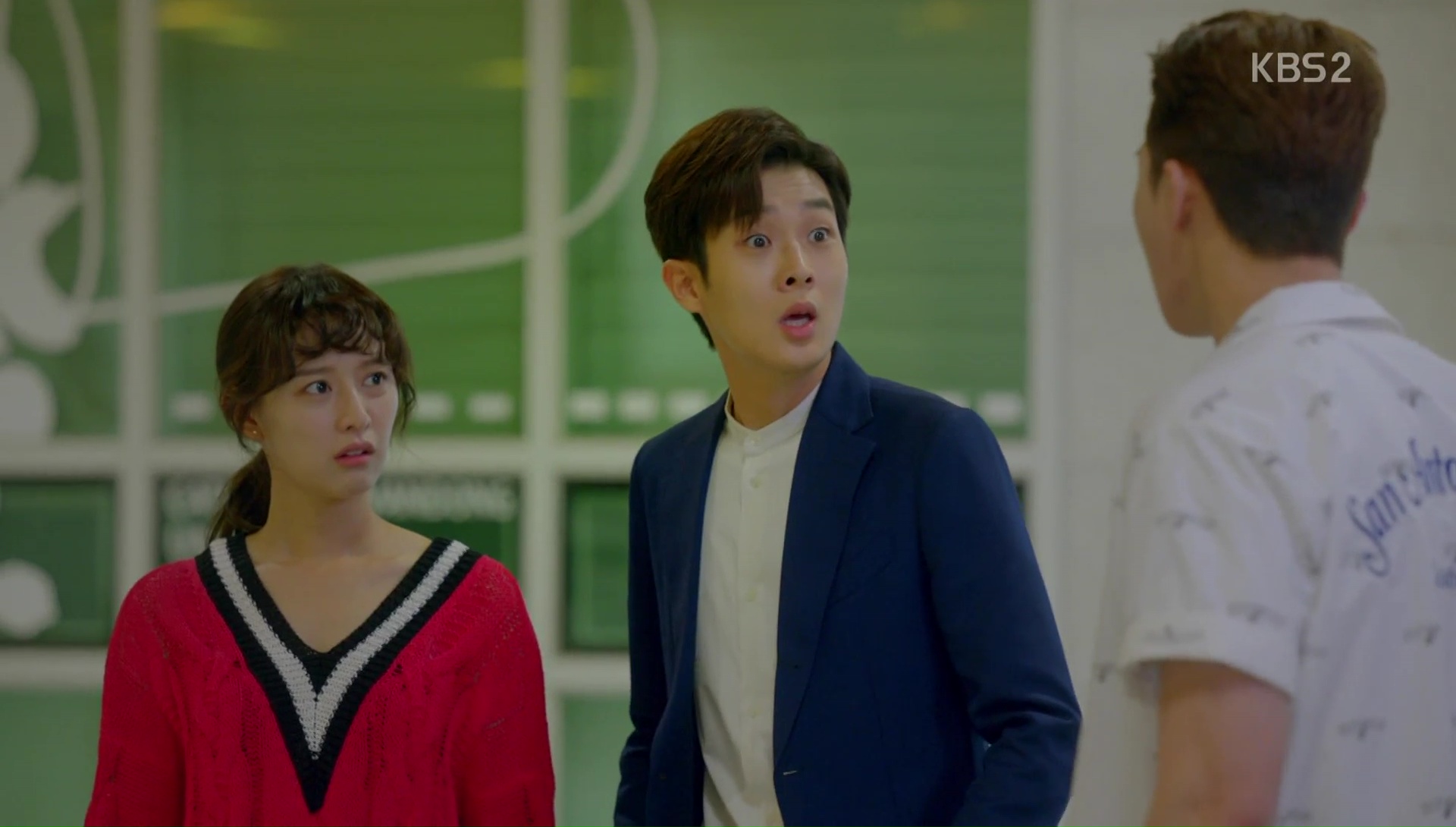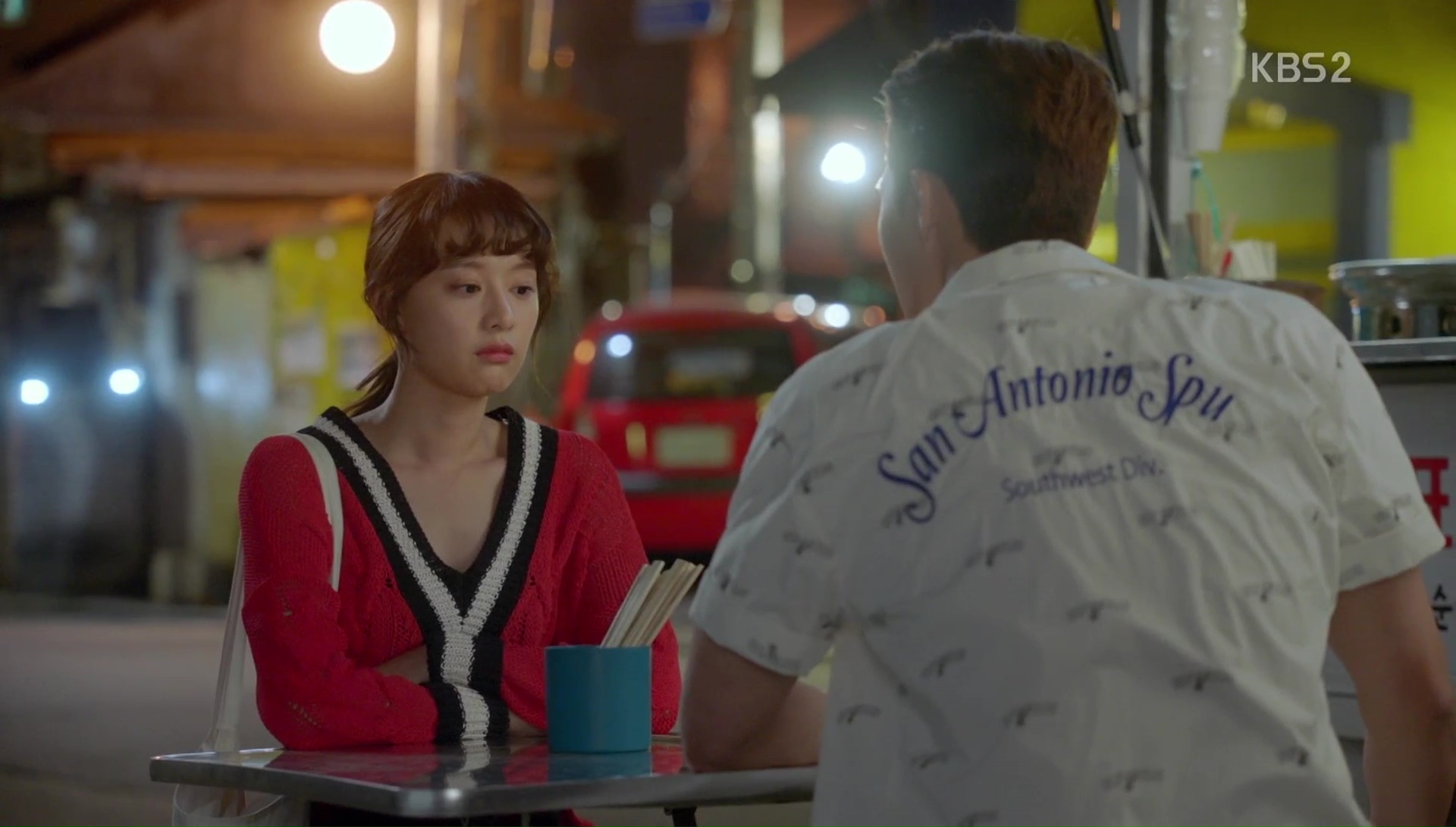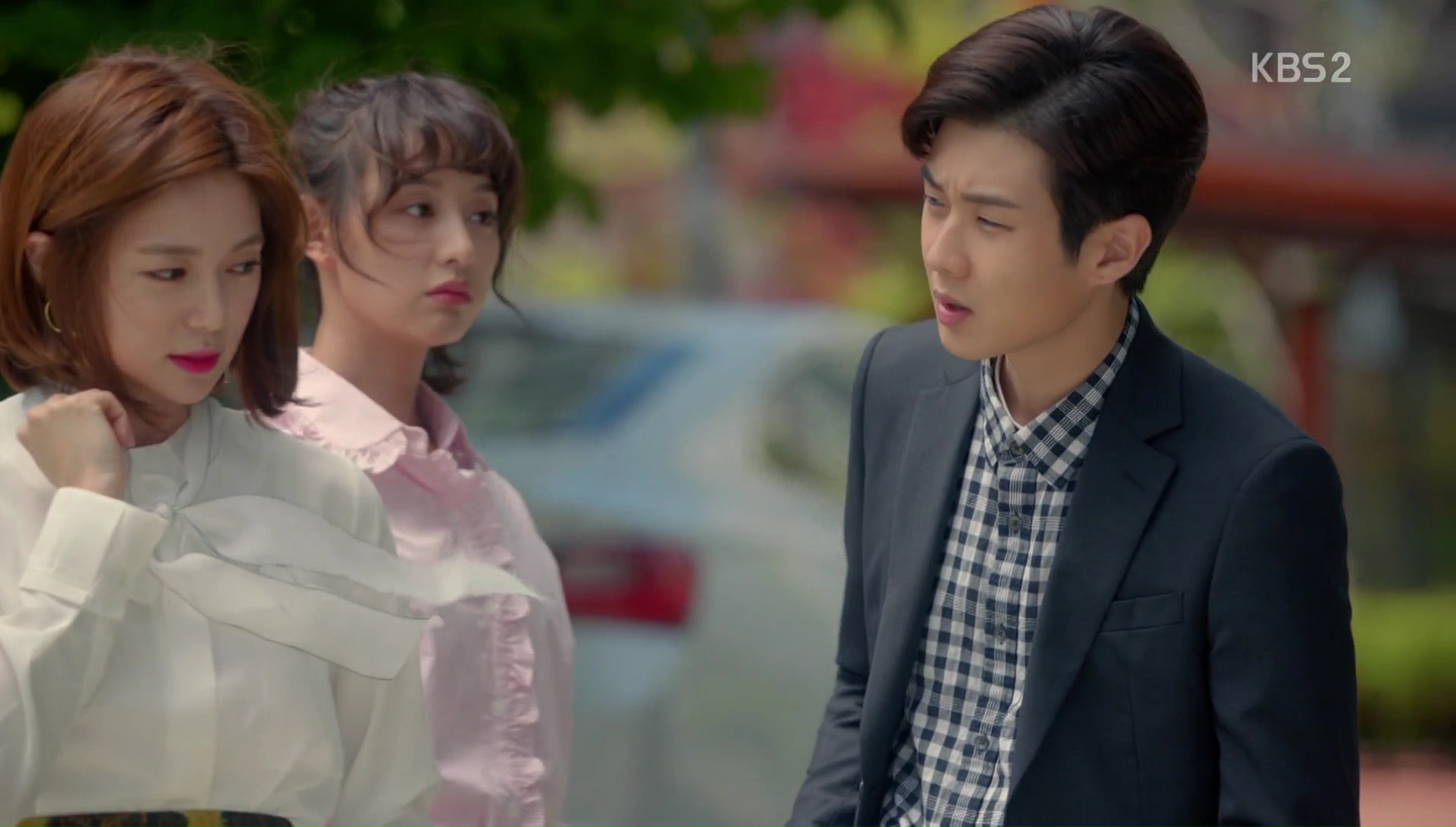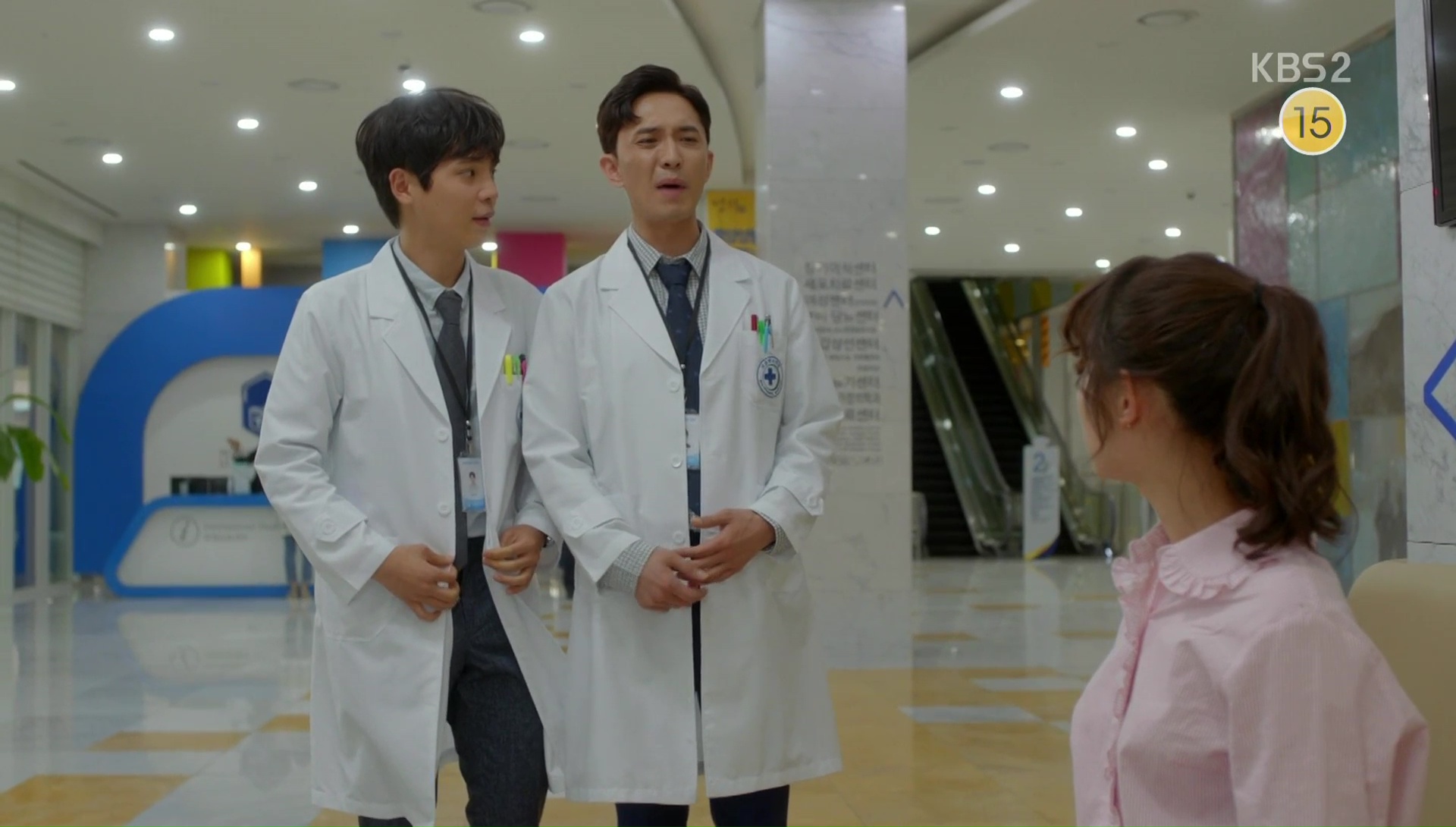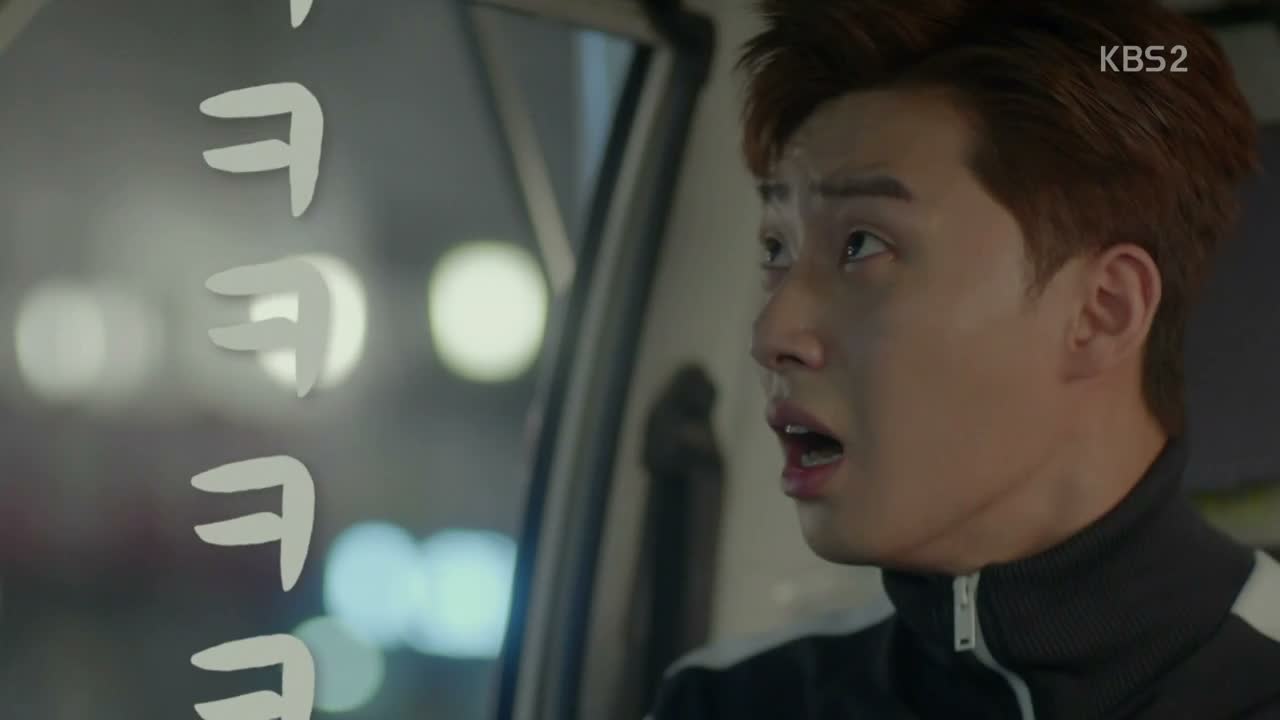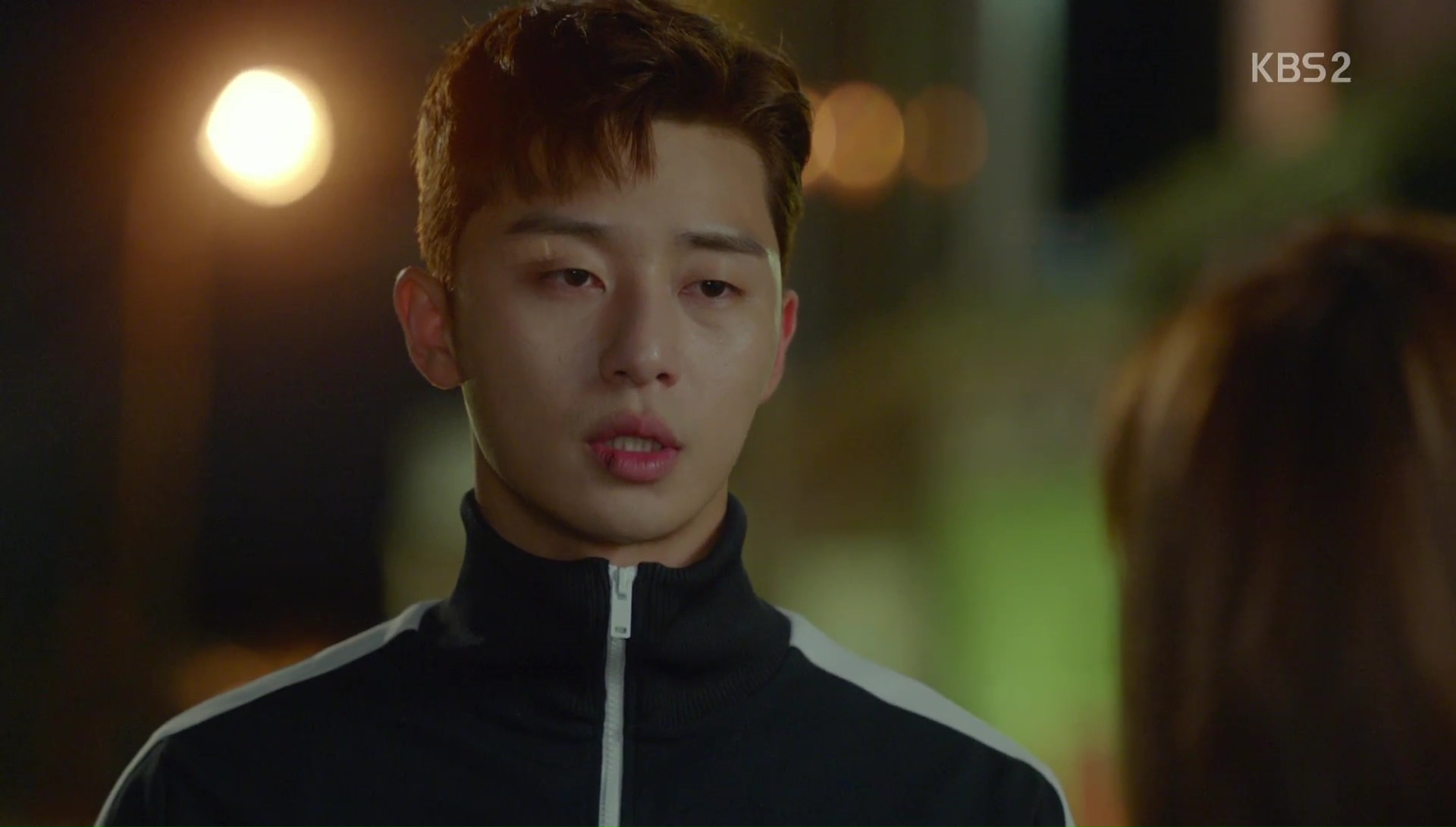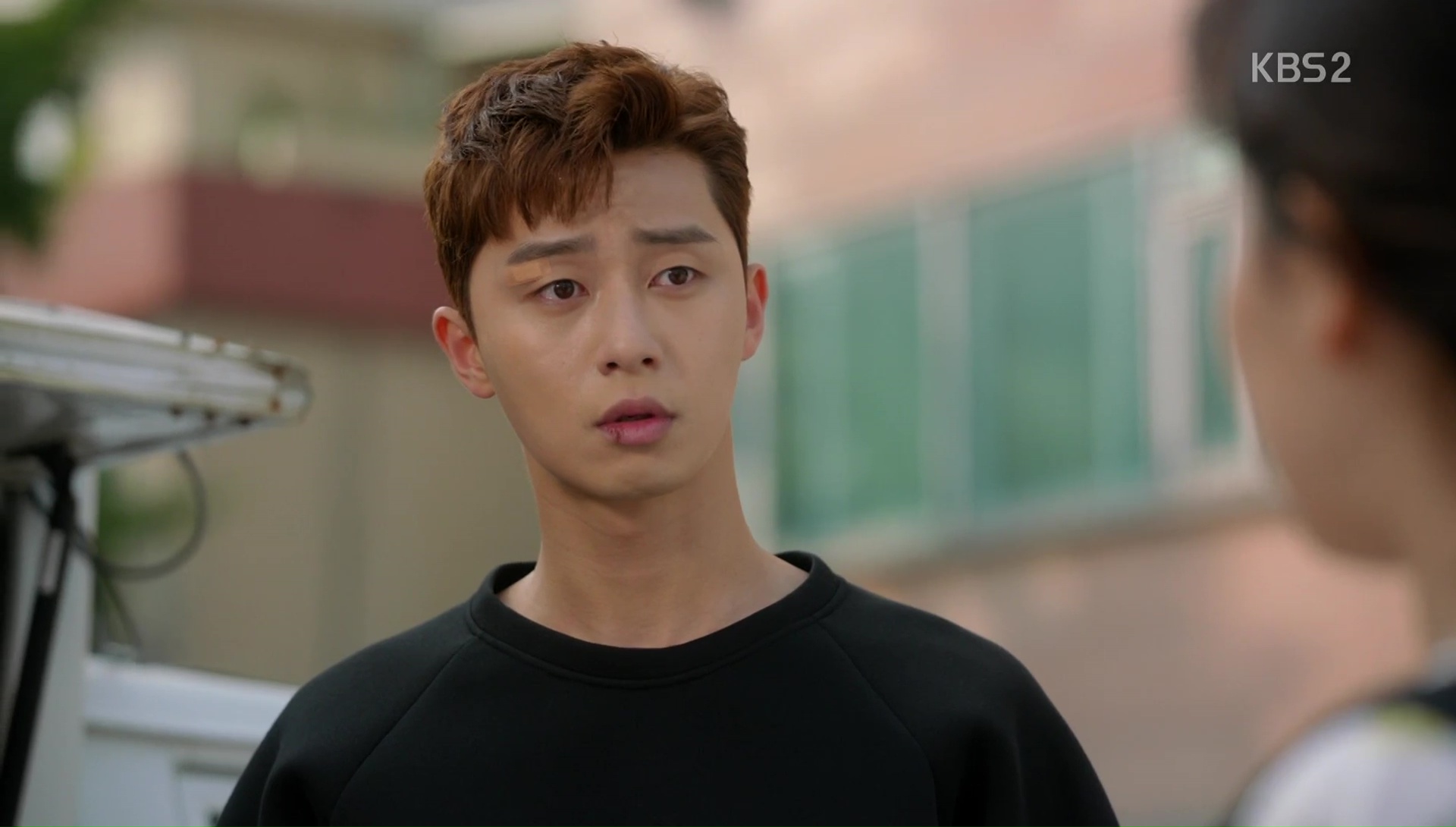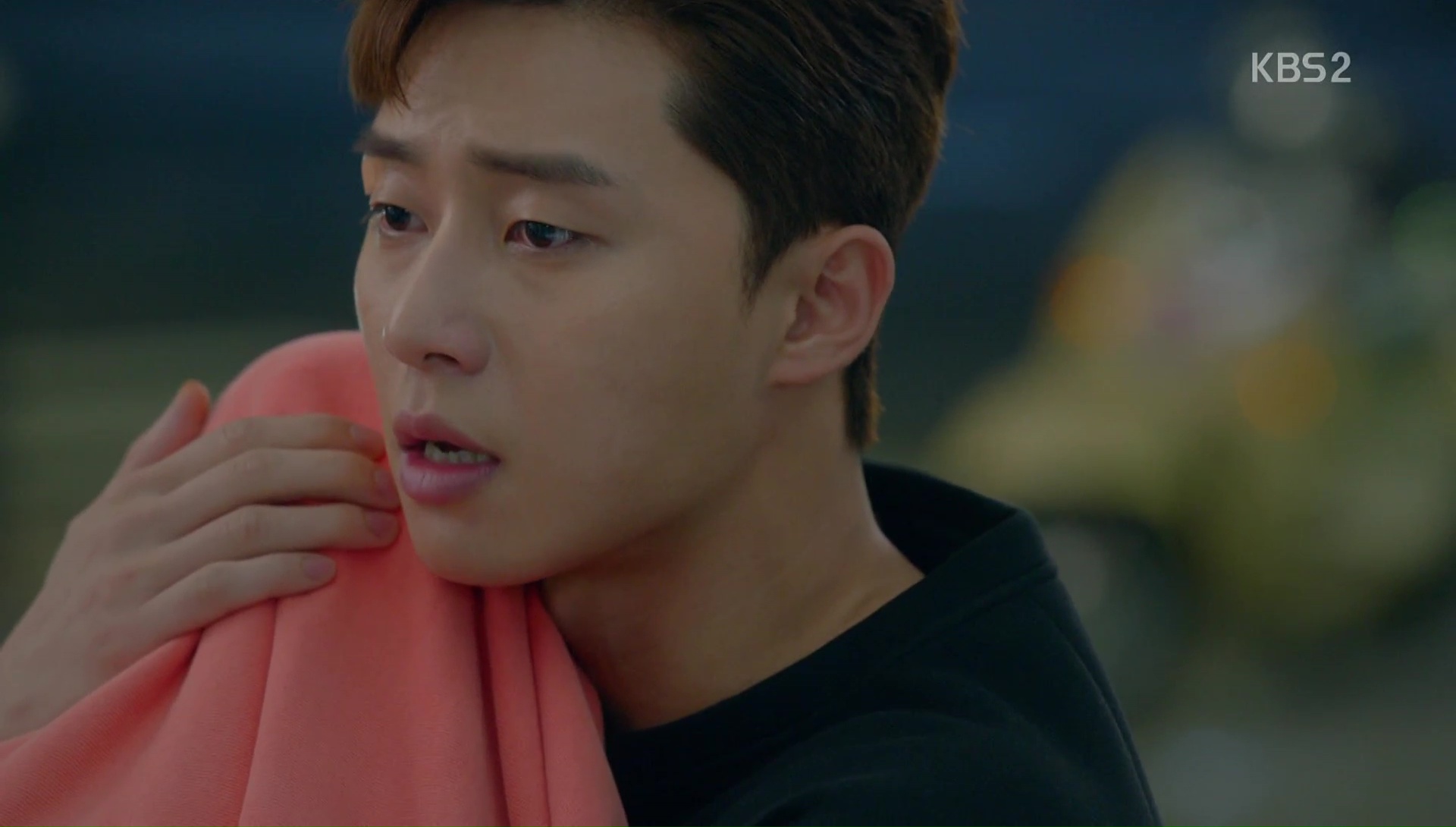An Ineffective Spread of Hope to Combat “Hell Joseon” – Fight for My Way
A. Background
This paper takes its outset in “Hell Joseon”, a term that means South Korea nowadays is a hell to live in. This paper explores how “Hell Joseon” comes to light in real life and the drama Fight for My Way 쌈,마이웨이 (KBS2, Lee Na Jeong, 2017). It agrees that people in South Korean society need hope to combat “Hell Joseon”, and media influence is a common means to spread hope. The drama Fight for My Way is a typical neoliberal fantasy to spread hope among society. However, its ridiculous plot and wrong information provided made it ineffective to achieve the goal.
B. “Hell Joseon” in Real Life
To begin with, “Hell Joseon” is often used by the youth in South Korea on the internet starting from 2010. Joseon is the name of the dynasty in South Korea from 1392 to 1910, the year when the Japanese colonization started. The idea of colonial legacy and neoliberalism coexist, and are compressed to form this modern society of South Korea (Schoonhoven 2017). “Hell Joseon” addresses every position within South Korean society. It implies the discrepancies between the rich and the poor, men and women, and people of different social class and their social mobility, and more (Schoonhoven 2017). We will discuss the negative influences that “Hell Joseon” brings to South Korean society in social, economic and environmental aspects.
Socially speaking, the problem of social disparity in South Korea is aggravating. Education is one of the greatest reasons, that one’s education level correlates a lot with his or her family financial condition. Nowadays, a successful student must be more than a “hard working social conformist” (Abelmann, Jin and Hee 2016). The student can receive better education from well-known educational institutions, such as SKY[1] or overseas universities, if his or her family is willing to pay for a high tuition fee. To a large extent, better education guarantees the rich student a better occupation in the future. Since the large multinational corporations (MNCs) in South Korea tend to recruit SKY and overseas graduates for their fluency of English or other languages. As a result, the rich students have more job opportunities, whereas the less well-off have a low social mobility. It intensifies the problem of generational poverty, and leads to more social discontent and lower working incentive (Joon 2001).
Economically speaking, the South Korean economy is mostly monopolized by huge conglomerates[2] (Jaebeol), such as Samsung C&T Corporation, Hyundai and LG. Although the government has established the Ministry of SMEs and Startups in recent years, the government policies still inevitably lean to the Jaebeol through investing into their businesses (Lim Won Hyuk 2012). Small businesses have low incentive to grow. As a result, the South Korean economy is very concentrated. The job market is dominated by huge corporations, who seem to provide a steady career path and stable salaries, creating an imbalance in the job market (Cho 2003). The youth get pressurized when they fail to get or secure a job from these corporations. In recent years, students rather defer graduation and seek for low-pay internships for more job experiences, than graduating on time and look for a full-time (Joon 2001). All these lead to confusion of students to their future path and an overall gloomy atmosphere.
Environmentally speaking, the young are struggling to find a shelter due to the surging property prices. The property around Gangnam (south of the Han River in Seoul) has soared 100,000-fold in the recent thirty years (Lowe-Lee 2007). While the original land owners become very wealthy, it becomes extremely difficult for the young generation to purchase their home. Most of them can only afford to rent a small apartment around the city border, or a room in a shared unit. Lacking a shelter, which is a basic living element, to live in makes the young generation insecure about their future and meanwhile postponing their plan in forming a family, which is the keystone of society.
The suicide rate in South Korea is the highest among OECD countries[3]. According to the Korea National Statistics Office (NSO), suicide is the second greatest leading cause of death among youth aged 10–19 in 2008 (Lee Seung Yeon 2010). In fact, it is not normal for being this costly to live in a society, where the teenagers feel the urge to sacrifice their life to make them feel comfortable. Society must alter this gloomy atmosphere to avoid teenagers from continuously paying a huge cost to survive.
In recent years, the Korean entertainment industry has been prosperous. K-TV shows and dramas become a great means to spread hope to fight against the depression in society. Now, we will take a look at how the drama Fight for My Way portrays and attempts to fight against “Hell Joseon”.
[1] The three most prestigious universities in South Korea, i.e. Seoul National University, Korea University and Yonsei University
[2] A corporate group that engages in two or more entirely different businesses. For example, Samsung C&T Corporation engages in trading, clothing and technology industry
[3] OECD, “Korea’s increase in suicides and psychiatric bed numbers is worrying, says OECD” Date Accessed Nov 25, 2017 https://www.oecd.org/els/health-systems/MMHC-Country-Press-Note-Korea.pdf
C. “Hell Joseon” in Fight for My Way
In FFMW, “Hell Joseon” is mainly revealed in three aspects, social, living and working environment.
In terms of social, the difficulty for a university graduate to land a job nowadays is revealed in the drama. Ae-ra, who is the only university graduate among the protagonists, cannot even land a decent job. During university years, she was well-known for her eloquence. Every friend of her expected her to become a famous anchor. However, after graduating, she works as a department store employee who greets customers at the information desk. Her supervisor, who does not treat her well, asks her to kneel to apologize to a VIP customer even she did not do something wrong. We know Ae-ra does not come from a middle-to-high-income class. Even after graduating from a university, she still stays in the lower-income class with low social mobility.
In terms of living environment, the protagonists (Dong-man, Ae-ra, Joo-man and Seol-hee) all live in a moon village (달동네). The term “moon village” implies its elevation and proximity to the moon. A moon village is often a small and uphill community around the city border, making its rent cheap (Lowe-Lee 2007). Ae-ra and Seol-hee rent a shared apartment. Whereas Dong-man and Joo-man both live in a studio apartment; a room that serves as dining, living and bedroom, attached with a separated bathroom. To a large extent, the situation reflects the reality; where a lot of university students or young adults who grew up in other places in South Korea will leave their hometowns and go to major cities for work or study purpose (Schoonhoven 2017). They usually rent a small apartment and live by themselves, or share a unit with a roommate. With the rocketing property prices, it is almost impossible for these young people to purchase their own flat. For the less well-off young generation, renting a small space is their only way out.
In terms of working environment, most protagonists suffer from poor treatment by their bosses and customers. Dong-man, who works as a pest exterminator at the beginning of the drama, is treated poorly by his supervisor. He often gets yelled and hit on the street, which makes him ashamed and embarrassed. Dong-man’s supervisor, who does not get along with him, often asks him to resign himself. Ae-ra, who works as a department store employee, often suffers from unreasonable customers and seniors. Seol-hee, who works as a customer representative in a home shopping channel company, is an insignificant employee. No one pays attention to her; her manager always calls her “Seon-hee”. No matter how hard they work, they are always too far from their dreams.
As the plot develops, FFMW portrays positive and successful results after the protagonists work hard to achieve their dreams, as a means to spread hope. However, why is “hope” necessary? Why does it try to spread hope even it is false and fantasied? We will explore the reason why spreading hope is important in “Hell Joseon”.
D. The Role of Hope in “Hell Joseon”
Hope is a fundamental element that the young generation needs. It is the young generation’s last line of defense to survive. It is also the last element that the Chil-po generation[4] gives up. In other words, if the young generation lose hope, suicide will become their last way out to accuse society’s unfairness (Lee Seung Yeon 2010).
In Korean society, the idea of neoliberalism is rooted, which demands that individuals to become self-managers who possess the necessary skills and qualities to succeed (Walkerdine 2003). People should be responsible for their own self and work problems out on their own.
FFMW is a typical neoliberalism fantasy, which tries to distribute hope in a time when people must rely on factors apart from diligence to succeed, such as social ties, socio-economic status and education background. FFMW spreads hope by portraying the four protagonists’ self-endeavor that make them successful. It tries to give encouragement to the audience to alter the negative and gloomy atmosphere in society.
In the drama, Dong-man, Ae-ra and Seol-hee were previously looked down and seemed their third-rate life will persist for a long period. However, they eventually succeed with continuous passion and endeavor. FFMW portrays a scene of how happy and successful one can be if one is able to do the things he or she desires. It tries to deliver the message of persistence and hope to keep the audience dreaming. As a result, they can recognize their own value and strength, knowing that no one deserves a third-rate life even he or she is already looked down by others for long.
[4] Chil means seven; po means give up. Chil-po are people who give up Chil (seven) living elements, including courtship, marriage, childbirth, employment, home ownership, interpersonal relationships and hope due to social and economic pressure. The general term is N-po generation, where n can be any number.
E. What Makes Fight for My Way Ineffective to Spread Hope?
Although being a neoliberal fantasy with encouraging plots, the drama is believed to be ineffective in terms of spreading hope. The greatest reasons are due to the ridiculous plot and some wrong information the drama has given off. We will look into this from the perspective of each protagonist.
Regarding Dong-man, his possibility of resuming taekwondo or mixed martial arts (“MMA”) after ten years of suspension is questionable. Although Dong-man might have kept working out during the past ten years, doing exercise on a daily basis is certainly different from the way of professional training of an athlete. It is extremely difficult for a half-retired athlete to maintain his body build as a full-time athlete, who has a very strict diet and training routine, not to mention the suspension period is very long.
Furthermore, the friendship between Dong-man and his coach, Jang-ho, is too ideal. Jang-ho supports him no matter what throughout these years. A few years after Dong-man quit taekwondo, Jang-ho started to run a food truck around the community where Dong-man lives in, since he could not make a living with his taekwondo school. Jang-ho indeed is a very loyal friend of Dong-man. However, doesn’t he have his own life? His entire life revolves around Dong-man. In episode 6, Jang-ho seeks help from the Karels, the three-generation family of Brazilian jujitsu fighters, to unconditionally help with Dong-man’s comeback. Is it possible for Jang-ho to make a living and sustain the taekwondo school at the same time by solely running a food truck business, just to support Dong-man? It is definitely a no in reality.
When it comes to Dong-man’s love life, he struggles between Hye-ran, his ex-girlfriend who is a well-known TV anchor, and Ae-ra, a very close friend of him. After the divorce with her wealthy husband, Hye-ran tries to get Dong-man back by moving to the unit above his. Nevertheless, such love line is ridiculous. Why would a famous and pretty lady, who dumped Dong-man before her marriage, try so hard to get him, a poor and jobless young man back? Whether all these will ever happen in reality is questionable, including the love story of Dong-man and his success. The effectiveness of the drama to spread hope is low, since the lover story of Dong-man will barely happen in the reality.
Regarding Ae-ra, her story to a certain extent gives off a wrong message to the audience. In episode 5, Ae-ra asked a VIP customer, who supposedly stole a watch from the department store, if she forgot to pay for something. The VIP customer is offended and Ae-ra is asked by her manager to kneel to apologize to her. Suddenly, Dong-man appears and pulls Ae-ra away, saying “she will quit from now on”. Of course, we know this is the romantic element of typical Korean dramas. However, the message sent to the audience is wrong. The scene is implying that it is fine for people to walk away whenever they are misunderstood or when they encounter other obstacles at work. In fact, it is absolutely not responsible to leave our job or resign whenever we want, given that employees also have to bear legal liability. Moreover, Ae-ra’s financial condition is a concern. After her resignation, Ae-ra starts to look for a job as a TV anchor to achieve her dream. During that period, she cannot even afford the rent. We are glad to see Ae-ra chasing after her dream. However, paying 100% effort towards your dream does not guarantee success. It is not justifiable if one chases his or her dream without considering their financial wellbeing and reality. The story of Ae-ra may be supplying a wrong message to the audience, especially those who are looking for ways towards their dreams.
In episode 14, Ae-ra is struggling to decide between which interview she should attend, for being a KBC TV anchor or MMA announcer, which happen at the same time. As we see throughout the drama, Ae-ra has always been preparing to become a TV anchor by practicing as a news reporter and doing proper pronunciation exercise. But she eventually chooses the interview of MMA announcer. It is unexpected and unbelievable since she does not seem to possess a deep knowledge on or interest in martial arts. During the interview, Ae-ra was only asked the reason why she wanted this position but nothing else about martial arts. Still, she gets the job eventually. It makes the ease of getting this job questionable.
In fact, to become an MMA announcer, people usually choose a local sports broadcaster as their starting point, then they are promoted to national broadcasting companies. The association or host of the fight will pick their ideal announcer from these broadcasting companies and hire them for the fight. Again, we can see the story of Ae-ra is portraying wrong information to the audience, making her success dubious and the drama’s effectiveness of spreading hope low.
Regarding Joo-man, who is the only less fantasized character in the drama, shows the audience a more reliable reference to become success. Joo-man is a “N-po generation” (N포세대), who gives up home ownership and marriage with Seol-hee due to social and economic pressure (Schoonhoven 2017). The audience do not know Joo-man’s dream, as it is not mentioned throughout the drama. But being a purchasing manager at a home shopping channel company allows him to taste different cuisine, and Joo-man seems to enjoys his work. What Joo-man does is more approachable and accessible by typical teenagers or young adults, who are or mostly will become a white-collar. Joo-man tells the audience that being a white-collar does not necessary mean boredom, but can be as exciting if you are enjoying it. Joo-man is the type of character who gains promotion and recognition step by step by his self-endeavor, allowing the audience to put themselves into his shoes.
Nevertheless, Joo-man’s love life with Seol-hee offsets the hope by being too much of a typical and unrealistic K-drama romance. In episode 15, Joo-man wants to reconcile with Seol-hee after their breakup. He told Seol-hee to shoot at him as he was wrong because he cheated. He will unconditionally wait for her until he is fifty years old, a line that often appears in other K-dramas. It supplies a positive message for the audience who are going through a similar stage, but meanwhile being a cliché K-drama romance, making their story in FFMW ineffective to spread hope to the audience.
Regarding Seol-hee, the innocent girl among the protagonists. Her story at the beginning is relatively inconspicuous. We know she likes cooking and blogging. One time she uploads the photos of her own brewed plum juice on her blog, someone comments and asks if she is willing to sell her plum juice. That marks the start of Seol-hee’s interesting path of selling plum juice online. Later, she resigns from her job and receives numerous of order every day.
However, food safety is a serious concern of selling beverages online. It can be much more difficult to start a beverage business than it appears in the drama. According to South Korea’s “Health or Functional Foods Act”[5], plum juice is regarded as a “fermented vegetable-extract product”, which is included in the established list of 37 generic health or functional foods. In South Korea, sellers or distributors must get an official license and government’s approval to sell these foods. Seol-hee starts selling plum juice in episode 15, yet receives the license in episode 16. Moreover, it is thought to be highly difficult for Seol-hee, who brews plum juice at her home, to gain government’s approval on the note of food safety. It is hard for her to monitor the quality of her plum juice, given the great variation of humidity and temperature at her home, where the plum juice is stored and packed. Unlike the simple procedures shown in the drama, starting a beverage business in real life can be much more complex than it seems. Once again, Seol-hee’s success becomes not convincing and lowers the drama’s effectiveness of spreading hope.
In general, the successful career and love stories of the protagonists in FFMW barely make sense in reality. The feasibility of their way to become successful is low, thus leading to a low effectiveness for the drama to spread hope among society.
[5] ChemLinked, “South Korean Health/Functional Food Legislation” Date Accessed Nov 25, 2017 https://food.chemlinked.com/foodpedia/south-korean-healthfunctional-food-legislation
F. Conclusion
In conclusion, the social atmosphere within South Korea has been negative and depressing in recent years, despite its glamorous and innovative upside shown on the world stage. South Korean addressed their capital city as “Han River Miracle” in 2000s, but “Hell Joseon” in 2010s (Rhee, Chi, Kwon 2013). It shows that they need encouragement to relax and reduce their everyday pressure. With the success of entertainment industry, media influence became a major tool to broadcast message to the public, including hope. The drama Fight for My Way in 2017 has well illustrated some problems that the young generation in South Korea is facing, the struggle of protagonists and their way to success. However, the messages and information it provided are mostly inaccurate and unrealistic, making it ineffective to spread hope. Therefore, Fight for My Way is only a means to relax; as it failed to provide a real-life scenario.
After all, giving false hope does not combat “Hell Joseon”. It should depend on the government to improve the depressing situation, for example provide further support for SMEs and individual business, diversify the economy, and increase housing supply. To address people’s depression and discontent, it needs to pay attention to its fundamental social issues on its inside, which to a huge extent can determine and hinder its future development.
Bibliography
Abelmann, Nancy, Park So Jin, and Kim Hyun Hee. 2016. College Rank and Neo-liberal Subjectivity in South Korea: the Burden of Self-development. Los Angeles, July 15.
Cho, Myeong-hyeon. 2003. Economic Crisis and Corporate Restructuring in Korea. Edited by Wonhyuk Lim, Euysung Kim Stephan Haggard. Seoul: Cambridge University Press.
Joh, Sung Wook. 2004. “The Korean Economic Crisis and Corporate Governance System.” Governance, Regulation and Privatization in the Asia-Pacific Region 129-152.
Joon, Hur Jai. 2001. Economic Crisis, Income Support and Employment Generating Programs: The Korea’s Experience. Bangkok: Korea Labor Institute.
Kim, Francis C., Chung-Ki Min, and Christopher Maden. 2004. Chaebols and Corporate Governance in South Korea. Victoria: Palgrave Macmillan.
Lee Seung Yeon, Hong Jun Sung, Dorothy L. Espelage. 2010. An Ecological Understanding of Youth Suicide in South Korea. Seoul: School Psychology International.
Lim Won Hyuk, Kim Euy Sung, Stephan Haggard. 2012. “Chaebol and Industrial Policy in Korea.” Asian Economic Policy Review 7 1: 69-86.
Lowe-Lee, Florence. 2007. Korea’s Real Estate Market: Are We Overreacting to Skyrocketing Property Prices? Washington D.C.: Korea Economic Institute of America.
OECD Development Centre. 2012. “Industrial Policy and Terrirorial Developnment.” OECD Development Centre Studies.
Rhee, Yangho, Eunju Chi, and Hyeok Yong Kwon. 2013. “Inequality and Political Trust in Korea.” Korea Observer 44 (2): 199-222.
Schneidewind, Dieter K. 2016. “Powerful Conglomerations – the Chaebol.” Economic Miracle Market South Korea 153-183.
Schoonhoven, Johan Cornelis. 2017. ‘Hell Joseon’ – Tales from a South Korean Youth Trapped Between Past and Present.’ Lund University Centre for East and South-east Asian. Lund, Scania, September 1.
Walkerdine, Valerie. 2003. “Reclassifying Upward Mobility: Femininity and the Neo-Liberal Subject.” Gender and Education 15(3): 237–248.
